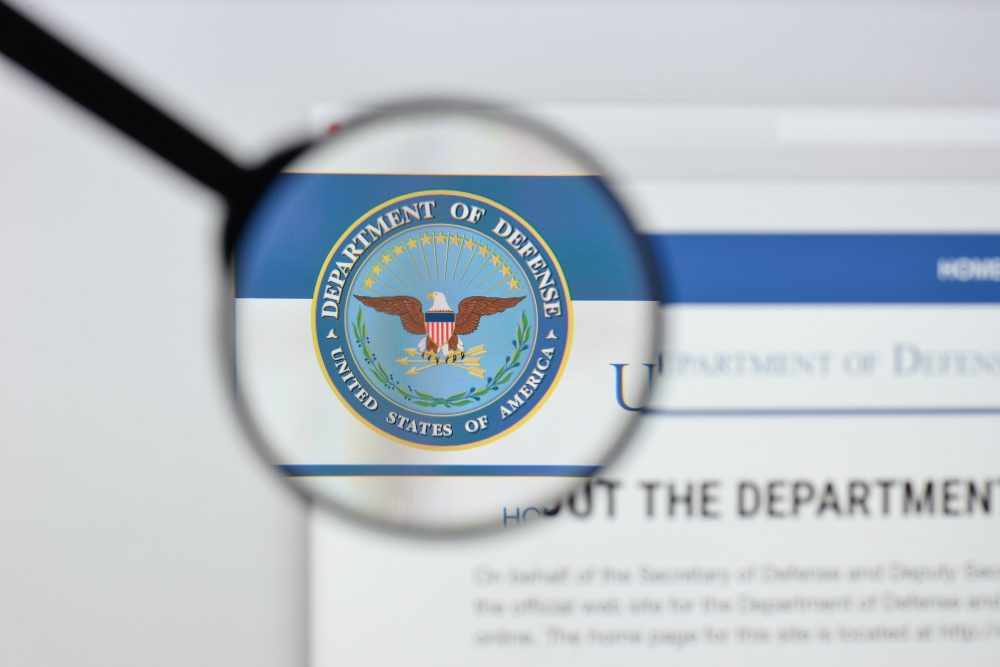First Amendment Rights for Federal Employees: What You Need to Know

Freedom of speech is a cornerstone of American democracy. However, when you’re a federal employee, the boundaries can sometimes feel blurred. You might ask yourself, “Do I have the same rights as everyone else? Can I voice my concerns or beliefs without repercussions at my job?” The answer is yes – to a point.
Here at The Vaughn Law Firm, we believe in protecting the rights of federal employees in Georgia. One of the ways we do that is by empowering them with information about their rights, including those concerning free speech.
Legal Limits on Free Speech for Federal Employees
A complex framework of statutory laws and court decisions governs what you can and can’t say as a federal employee. Generally speaking, you have the right to free speech when:
- You are speaking as a private citizen,
- You are speaking about a matter of public concern, and
- Your speech does not interfere with your job.
If your actions meet all these conditions, the government should not be able to fire you for speaking your mind. Let’s explore these conditions in more depth.
Speaking as a Private Citizen
As a federal employee, it’s crucial to differentiate between expressing personal beliefs and representing your federal agency or office. When you voice your opinions as a private citizen – meaning outside the scope of your professional duties and not on behalf of the federal entity you work for – your speech should be protected. Essentially, the First Amendment covers you when you’re expressing personal views, not when you’re conveying the opinions or policies of your federal workplace.
What Is a “Matter of Public Concern?”
The First Amendment‘s specific protection on petitioning the government for redress facilitates open discourse on topics that are important to the public interest. That includes you, as a federal employee, if you are discussing issues that impact the broader community. However, comments or discussions purely related to internal workplace grievances or matters that only concern your immediate job environment might not receive the same level of protection. For example, you do not have a First Amendment right to speak about a bad performance review or a colleague you don’t like without consequence.
Does Your Speech Impact Your Job?
While the First Amendment protects your right to free speech, it does not grant you a right to a particular job in the event that your expressions or actions hamper your performance or your agency’s operations. If your speech leads to disruptions, affects your work relationships, or compromises the agency’s efficiency, you may not have the same protections. This balance is critical: you have the right to voice your opinions, but not at the expense of your job’s effective functioning or the broader mission of your federal institution.
Key Exceptions to Know
While most federal employees enjoy the freedom to speak about public issues, that freedom is not absolute. For example, political appointees and other high-level workers who implement or develop federal policy have more restrictions on their freedom of speech. Why? Because their words carry more weight and are more likely to interfere with the government’s functions.
Furthermore, while courts have consistently recognized that federal employees have the right to free speech, they also acknowledge that the government must keep certain secrets to function properly. Therefore, federal workers could face repercussions for publishing classified or other restricted information.
Have Your Rights to Speech Been Violated? Contact The Vaughn Firm Now
The Vaughn Law Firm fights passionately to protect the rights of federal workers. If the agency you work for has infringed on your right to free speech, we can take legal action on your behalf. Call us today at 877-212-8089 or complete our contact form for a free consultation.


